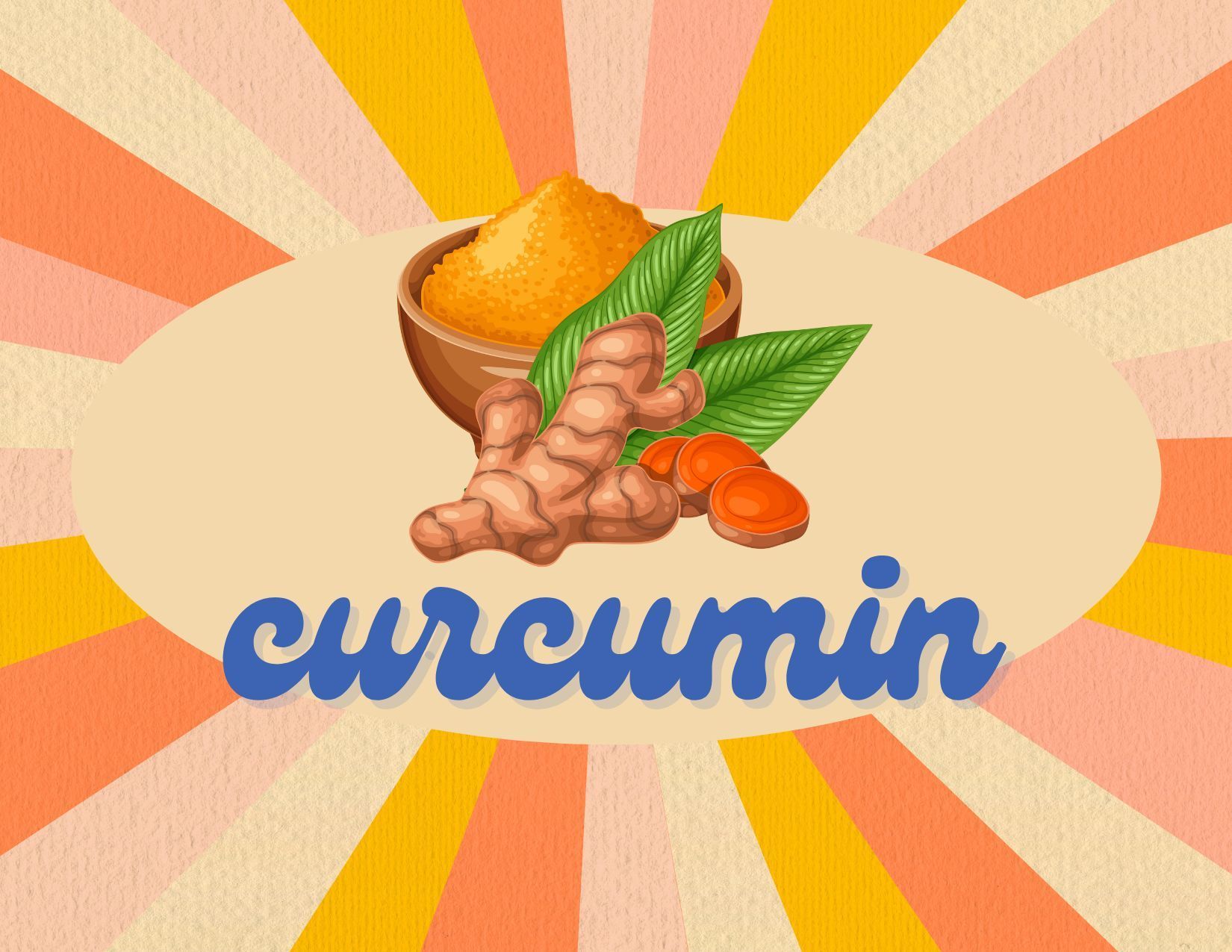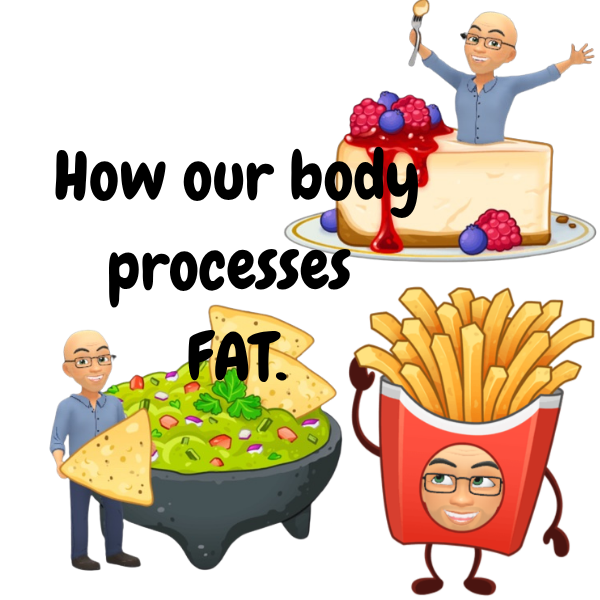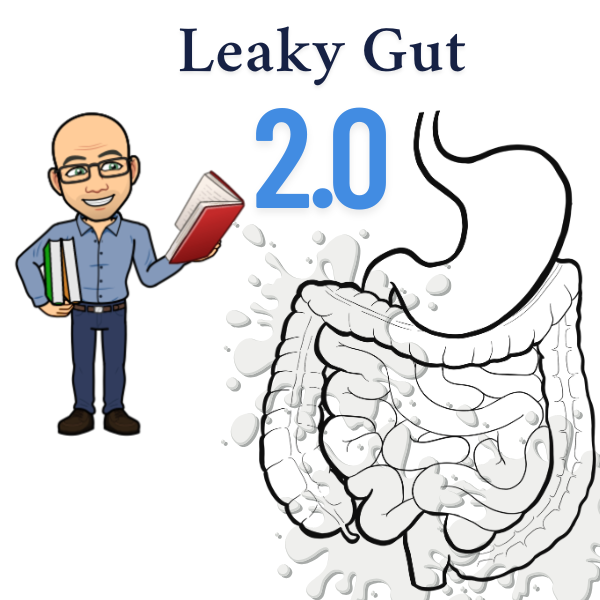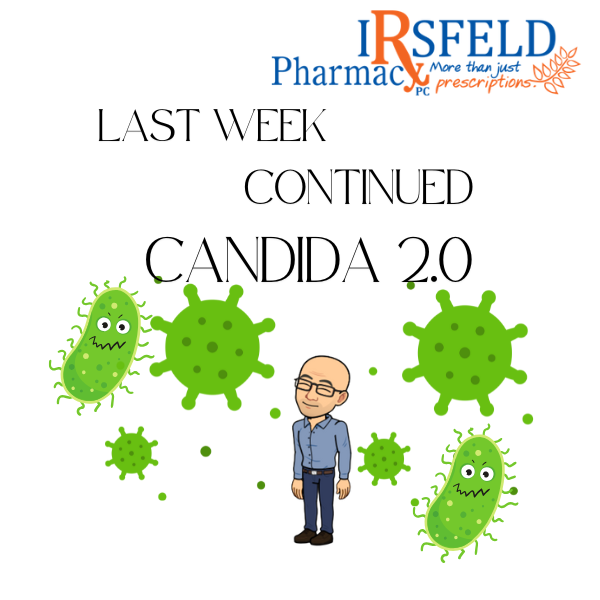One of my favorite herbs...

Curcumin is one of my favorite herbs. It has so many uses and one that I have incorporated into my daily regimen for years, primarily as an anti-inflammatory product. When people ask me how to reduce inflammation, curcumin is at the top of the list, along with omega 3 fatty acids or fish oil. I've mentioned curcumin in several of my previous articles but never focused on it as a nutrient that you might consider as part of your daily routine.
Curcumin is a byproduct of turmeric, the golden root herb used in many eastern Indian foods giving curry dishes their distinctive spicey taste and golden color. It is like gold because of its many uses. The root has been used in traditional medicine in Asia for thousands of years as it contains curcuminoids which act as powerful antioxidants in our bodies.
Unfortunately, the amount of curcumin in turmeric is minimal. Studies show that between 2-8% of turmeric consists of curcumin. The second challenge for curcumin is that its absorbability is poor. Curcumin absorption is a significant issue if your goal is to have it absorbed systemically or throughout the body. One of the curcumin products we carry states in their literature that you would have to eat 4.5 pounds of turmeric to get the amount of curcumin absorbed by taking just one of their capsules. That's a lot of turmeric.
There are many forms of curcumin on the market, and each one touts its ability to enhance absorption. The delivery systems may include the use of nanocrystals, emulsions, liposomes, self-assemblies, and nanogels. The combination of black pepper may increase absorption in animal studies. These formulations vs. standard curcumin preparations appear to provide better blood levels in recent studies.
After reviewing the absorption of curcumin, we also need to consider the bioavailability or amount of curcumin available for your body to use. The bioavailability or lack of it depends on three factors; it is not readily soluble in water, has poor absorption, and is broken down quickly in the liver once it is absorbed. It was a struggle to find research that indicated if certain blood levels of curcumin provided better effect in the areas discussed below.
If you were looking to obtain an anti-inflammatory benefit in the gut, the need for an elaborate delivery system would be minimal, and many patients use turmeric in that way.
I mentioned in the beginning that curcumin has so many uses, and here are some of them. First and foremost, curcumin has extraordinary anti-inflammatory abilities. Studies suggest that curcumin is a more potent anti-inflammatory than ibuprofen and aspirin. That is why I recommend patients take this in place of those products, which have some serious long-term side effects if taken chronically. Chronic inflammation is linked to so many diseases, and anything we do to decrease inflammation is a benefit.
Studies have shown curcumin to reduce pain and increase mobility in patients with osteoarthritis. Studies working with mice have shown that curcumin significantly slows the disease progression in osteoarthritis. Human studies are less conclusive, but the overall research is promising for those who struggle with the chronic pain of arthritis.
Secondly to curcumin's anti-inflammatory effect is its use as an antioxidant. We know that antioxidants scavenge free radicals that can damage our cells over time. Curcumin being a potent antioxidant, can help reduce this damage and, in that process, can help reduce the signs of aging inside and out.
Science suggests that curcumin may help treat various cancers, particularly breast, bowel, stomach, and skin cancers. Curcumin in laboratory experiments seems to kill cancer cells and prevent them from growing. In areas of high turmeric consumption, cancer rates for specific cancers are lower, possibly due to the amount consumed in their diet.
Research around diabetes in animals indicates that curcumin could be beneficial in controlling diabetes. Studies in rodents show that curcumin can reduce blood glucose and elevated lipid levels. If studies in humans confirm this, we may have another tool in the fight against diabetes.
The last area of study for curcumin is its effect on the brain. We know that patients with brain issues, whether damaged due to an accident or Alzheimer's disease, deal with a lack of a specific protein called brain-derived neurotrophic factor or BDNF. In animal studies, BDNF increased with the use of curcumin. Increased BDNF improves the health of neurons and how brain cells communicate with each other. Many people with brain conditions show a decreased level of the BDNF protein, and curcumin may be of benefit.
In a recent article on LDN, I wrote about the effect of LDN on microglial cells in the central nervous system and how blocking toll-like receptor four will stop the formation of neuroinflammation. Curcumin has a similar effect on this receptor and is one of the few nutrients that may benefit by decreasing neuroinflammation.
Once again, it seems like many of the nutrients presented in these articles could help in the Covid fight. The process of Covid is three-phased; viral, inflammation, and clotting. Curcumin having an anti-inflammatory benefit may be helpful during the inflammation phase. In some long hauler protocols, curcumin is also referenced as an option to tame down the ongoing inflammatory process that can plague these patients.
Now you have information about curcumin and the benefits of taking a curcumin product. The challenge is finding a product that will give you the results that you want. The best way to find a product may be to try different ones and give them a 1–2-month trial noting which product may be the best for inflammation or whatever your target.
Please stop in or call the pharmacy if you want help choosing a curcumin product that best meets your needs. You can access this and other articles on our website at irsfeldpharmacy.com.
Until next time, be vigilant about your health!!












Share On: